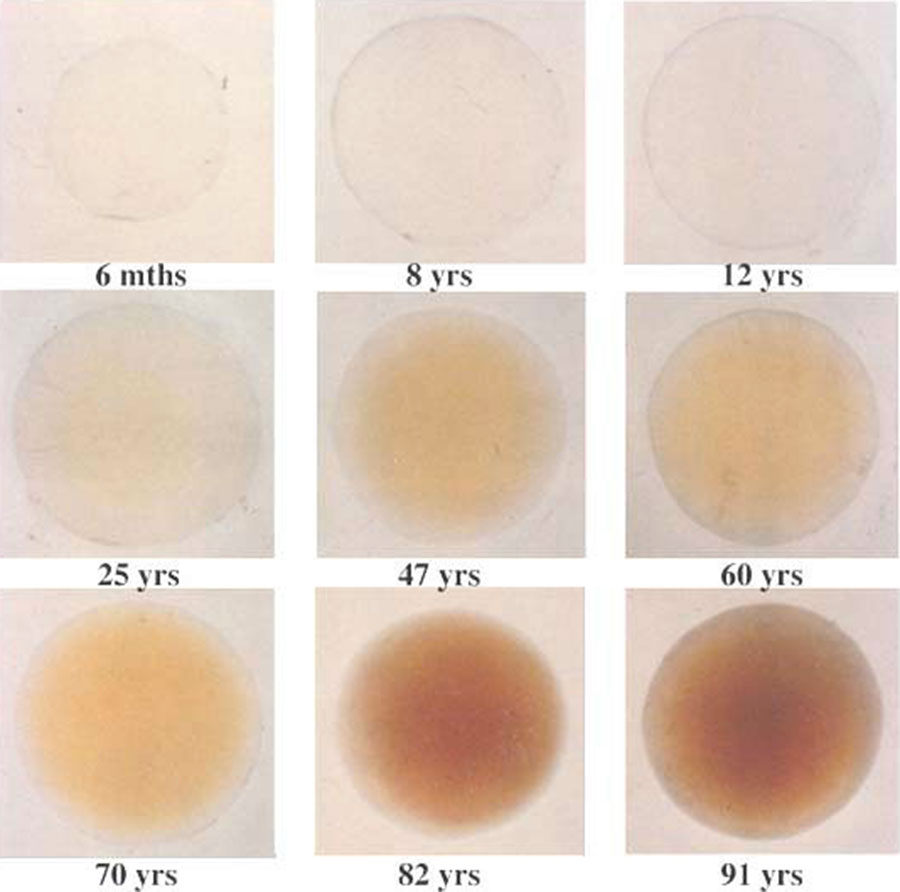- Joined
- Jul 2, 2007
- Messages
- 5,294
Don't get one of the IOL's (Intra-Ocular Lens implant) that filters certain wavelength of blue light. They have a yellow tint to them set-in at the molecular level. There are two schools of thought about them in Ophthamology.
One side says they are good and should be used because the spectrum of blue light they filter may, over time, be harmful to the retina.
(Think of the retina as a radar dish at the end of the optic nerve but sitting inside the eye attached to the interior surface the back of your eyeball. The image coming through your pupil is projected onto the retina and sent to the brain by the optic nerve.)
The other side says they are unnecessary and the protective claim is not solidly proven and so they're unnecessary and in fact can cause a loss of contrast in low light conditions and also color perception may be reduced in some patients as well in the eye with the yellow tinted IOL.
I had cataract surgery in August and they put in the yellow tinted blue light filtering type. The only thing explained to me during consult was option for either a monovision lens for clear distance vision or a multi-focal "premium" lens that works like a tri-focal for closer in vision to be sharp too. They recommended the monovision type and since that is all my insurance would cover (premium lens a substantial increase in out of pocket cost to me...) I opted for that. But I was never told about whether it would be a clear one (referred to as UV filtering in the med pubs) or the tinted type that filter that certain wavelength range of blue light.
Now, my "review" of this yellow tinted lens (Alcon AcrySof IQ) is I guess pre-mature since I am looking through a fill of silicone oil in that eye because of a recent surgery for detached retina (vitrectomy-- they suck out all the natural gel and put in silicone oil). But I am noticing the exact things that the med journals have cited about some patients being able to detect a subtle reduction in low light contrast and ever so slight change to color perception vs the other eye's sight. I am not mad at my cataract surgeon, I like him. Just would have appreciated knowing about the yellow tinted type vs clear beforehand.
It's not like looking through yellow shooting glasses, not at all. It is very very subtle but I can tell. I think it's because of being a BITOG'er. Only a BITOG'er would probably notice. Perfectionists us . . .
Some references on the controversy:
https://www.aao.org/eyenet/article/back-forth-controversy-on-blue-filtering-iols
https://www.ncbi.nlm.nih.gov/pmc/articles/PMC3843900/
https://www.ncbi.nlm.nih.gov/pubmed/26742866
https://www.ncbi.nlm.nih.gov/pubmed/22412976
One side says they are good and should be used because the spectrum of blue light they filter may, over time, be harmful to the retina.
(Think of the retina as a radar dish at the end of the optic nerve but sitting inside the eye attached to the interior surface the back of your eyeball. The image coming through your pupil is projected onto the retina and sent to the brain by the optic nerve.)
The other side says they are unnecessary and the protective claim is not solidly proven and so they're unnecessary and in fact can cause a loss of contrast in low light conditions and also color perception may be reduced in some patients as well in the eye with the yellow tinted IOL.
I had cataract surgery in August and they put in the yellow tinted blue light filtering type. The only thing explained to me during consult was option for either a monovision lens for clear distance vision or a multi-focal "premium" lens that works like a tri-focal for closer in vision to be sharp too. They recommended the monovision type and since that is all my insurance would cover (premium lens a substantial increase in out of pocket cost to me...) I opted for that. But I was never told about whether it would be a clear one (referred to as UV filtering in the med pubs) or the tinted type that filter that certain wavelength range of blue light.
Now, my "review" of this yellow tinted lens (Alcon AcrySof IQ) is I guess pre-mature since I am looking through a fill of silicone oil in that eye because of a recent surgery for detached retina (vitrectomy-- they suck out all the natural gel and put in silicone oil). But I am noticing the exact things that the med journals have cited about some patients being able to detect a subtle reduction in low light contrast and ever so slight change to color perception vs the other eye's sight. I am not mad at my cataract surgeon, I like him. Just would have appreciated knowing about the yellow tinted type vs clear beforehand.
It's not like looking through yellow shooting glasses, not at all. It is very very subtle but I can tell. I think it's because of being a BITOG'er. Only a BITOG'er would probably notice. Perfectionists us . . .
Some references on the controversy:
https://www.aao.org/eyenet/article/back-forth-controversy-on-blue-filtering-iols
https://www.ncbi.nlm.nih.gov/pmc/articles/PMC3843900/
https://www.ncbi.nlm.nih.gov/pubmed/26742866
https://www.ncbi.nlm.nih.gov/pubmed/22412976


